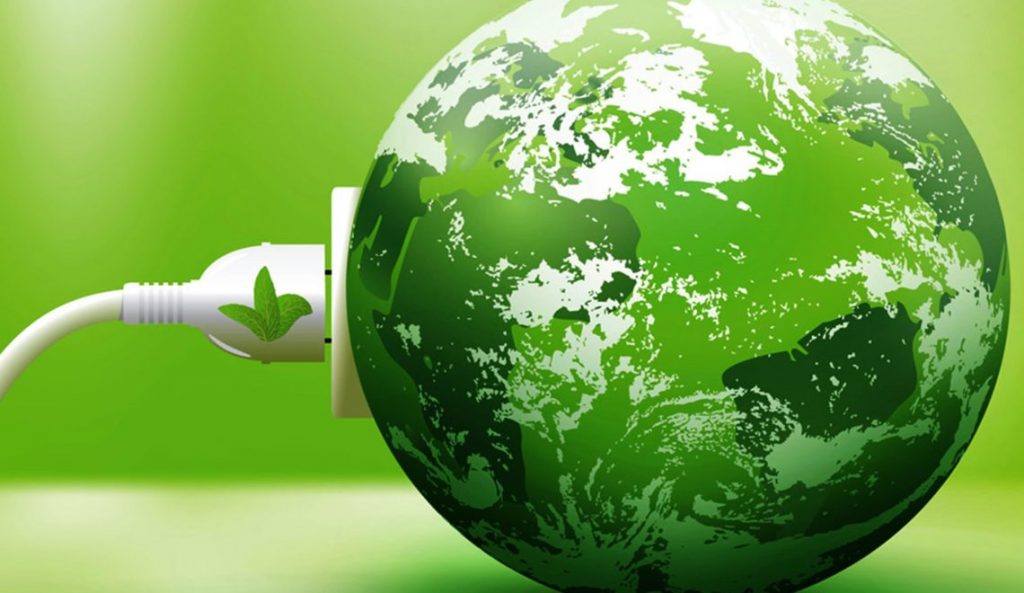Of late, energy sector has been swiftly moving towards decarbonisation. In this scenario, renewable energy and future fuels offer greater energy security and sustainability. The green fuels and renewable energy sources will ensure a safer and cleaner future.
What are future fuels?
Future fuels as low and zero-carbon fuels are projected to displace fossil fuels. They are green hydrogen produced through electrolysis, and its derivatives including ammonia, organic hydrogen carriers, and synthetic renewable fuels. Future fuels also include biofuels and other fuels derived from sustainable waste streams.
Besides decarbonisation benefits future fuels can also improve the flexibility and sustainability of our energy supplies, and can promote economic growth, support regional energy independence, and enhance global energy security.
Challenges for future fuels?
There are many challenges ahead for future fuels towards decarbonisation. The main challenge however for future fuels is the economics of future fuels on the production and supply chain perspectives.
Among the future fuels green hydrogen is now expensive to produce and is not competitive with incumbent fossil fuels in most applications. The production and supply chain costs for green hydrogen however will come down over time with innovation and scale.
Another challenge for green hydrogen is that it is very light and volatile element, there are inherent handling and transport challenges that can be managed, but add costs, particularly for long distance transmission and export opportunities.
How can we enable the successful adoption of future fuels?
- There is a need to target suitable applications for the adoption of future fuels – those that make technical and economic sense, for example displacing the use of diesel in certain applications.
- We also need innovation and policy support to foster the adoption of future fuels at scale.
- Another option would be to tighten our existing carbon pricing mechanism.
- Policy mechanisms and technology improvements for renewable energy will mean future fuels will become more competitive and more widely adopted.
The role of future fuels in the future?
Future fuels however, won’t completely replace all fossil fuels in the long run. The decarbonisation hierarchy would usually be to reduce consumption, electrify where you can and, where you can’t, use future fuels. A great example is electric cars – it makes sense for passenger vehicles to be electrified and charged directly by renewable electricity, rather than be fuelled using hydrogen derived from renewable electricity.
An example of where we expect early adoption of future fuels is in heavy transport applications. Current batteries have very low energy densities and can become impractical for transporting large loads over long distances. Comparatively, hydrogen is significantly more energy dense and therefore more suited to heavy, long-haul transport applications. Future fuels could also be essential in industrial applications where high-temperature heat is needed, particularly if the hydrogen also provides chemical input requirements, like in steel marking. It’s also essential to decarbonise our existing use of hydrogen in industrial applications, primarily oil refining and fertiliser production. Green hydrogen has a significant role to play here.
The role of future fuels as a potential global energy commodity becomes vital in future, as many countries don’t have sufficient domestic energy supplies, renewable or otherwise, and rely on imported energy sources, typically coal, oil, and Liquefied Natural Gas (LNG). Given this, next big challenge is to figure out how to export clean energy economically.
Tags: carbon pricing mechanism, Decarbonisation, Fossil Fuel, Green Hydrogen, hydrogen supply chain, renewable electricity



Recent Posts
FueLNG Completes 400th LNG Ship-to-Ship Bunkering Operation in Singapore
Port of Gothenburg Hosts First Bunkering of Swedish-Produced Biomethane for Maritime Sector
UrbanLink Expands REGENT Seaglider Order, Driving Forward Zero-Emission Coastal Travel in Florida and Puerto Rico
HD Hyundai Executive Vice Chairman Holds Landmark Talks with U.S. Trade Representative on Shipbuilding Cooperation
ZeroNorth and Veracity by DNV launch end-to-end emissions reporting and verification service for the maritime industry
Hapag-Lloyd Expands ‘Hamburg Express’ Class Fleet with Delivery of Genova Express
Bureau Veritas calls for standardized safety regulations to accelerate adoption of electrification technology
ABS Publishes Safety Insights for Ammonia as a Marine Fuel